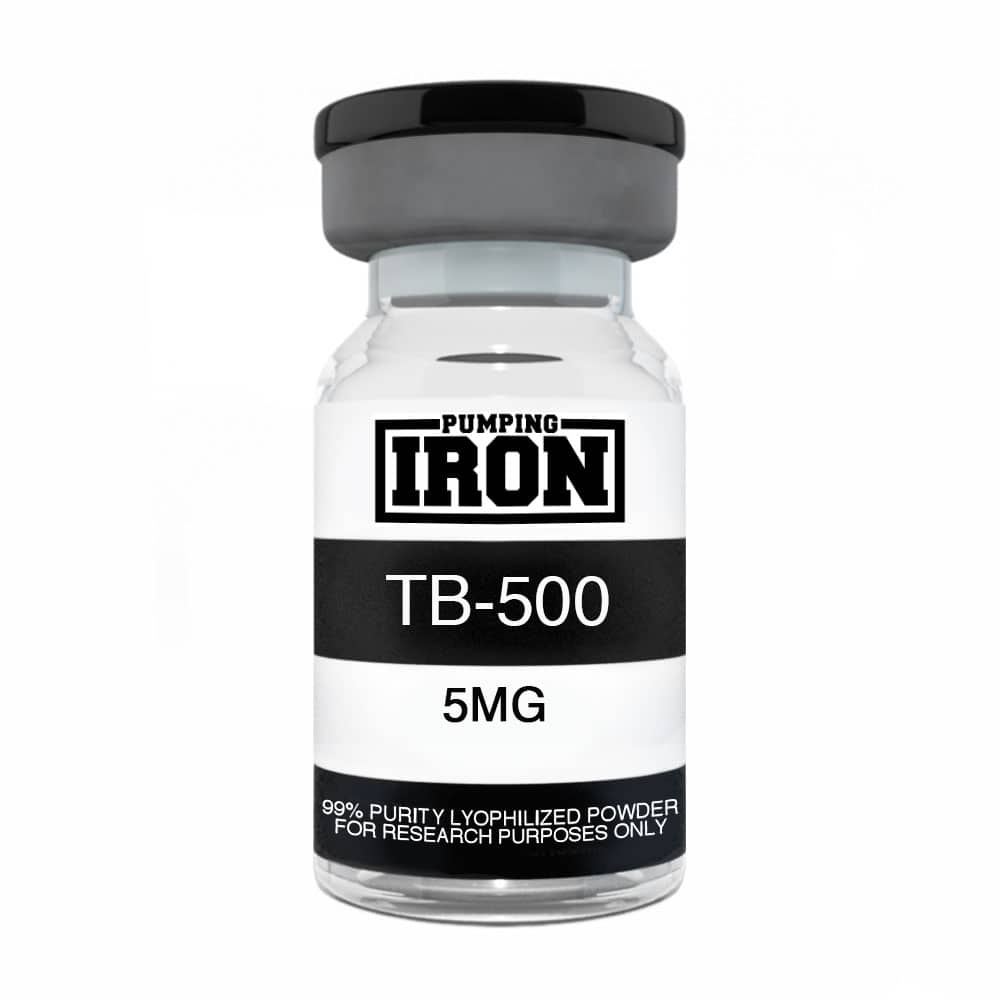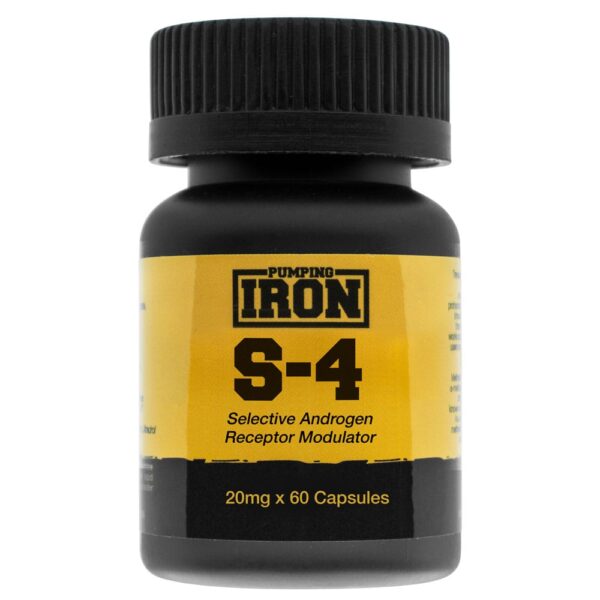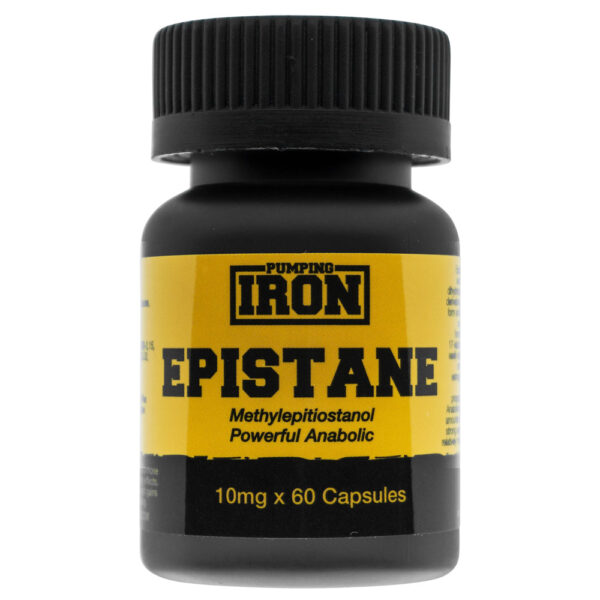THYMOSIN BETA 4 – 5MG (TB500)
AED130
TB-500 (Thymosin-Beta4) is a peptide that can be used to promote healing, to increase the range of movement in the event of injuries and to alleviate pain in the event of injury by reducing inflammation. TB-500 is a synthetic fraction of the protein thymosin beta-4, which is present in virtually all human and animal cells. The main purpose of this peptide is to promote healing. It also promotes the creation of new blood and muscle cells. The healing effects of TB-500 have been observed in tendons, ligaments, muscle, skin, heart, and eyes. Thymosin beta-4 is naturally produced in higher concentration where tissue has been damaged. This peptide is also a very potent anti-inflammatory agent.
TB-500 (Thymosin-Beta4) is a peptide that can be used to promote healing, to increase the range of movement in the event of injuries and to alleviate pain in the event of injury by reducing inflammation. TB-500 is a synthetic fraction of the protein thymosin beta-4, which is present in virtually all human and animal cells. The main purpose of this peptide is to promote healing. It also promotes the creation of new blood and muscle cells. The healing effects of TB-500 have been observed in tendons, ligaments, muscle, skin, heart, and eyes. Thymosin beta-4 is naturally produced in higher concentration where tissue has been damaged. This peptide is also a very potent anti-inflammatory agent.
TB-500 is different from other repair factors (growth hormone, IGF-1) because it promotes endothelial and keratinocyte migration. It also does not bind to the extracellular matrix and has a very low molecular weight. Because of this, it can travel long distances through the tissues in the human body. One of TB-500 key mechanisms of action is its ability to regulate the cell-building protein – Actin. Of the thousands of proteins present within human cells, actin represents roughly 10% of the total. It is thus a vital component of cell structure and movement.
BENEFITS OF TB-500
- Differentiation of endothelial cells (blood and lymphatic vessels)
- Growth of new blood cells
- Keratinocyte migration
- Collagen deposition
- Decreases inflammation in various tissue types
- Decreased inflammation in joints
- Increase muscle growth
- Increases in endurance and strength
- Relaxed muscle spasm and improved muscle tone
- Repair damaged heart tissue following a heart attack
- Healing of ulcers and lesions (including stomach and intestinal ulcers)
- Increased exchange of substance between cells
- Overall tissue repair
- Faster healing of wounds
- Repair of tendons and ligaments
- Improved flexibility of joints
- Prevents the formations of adhesions and fibrous bands in muscles, tendons and ligaments
- Promotes hair growth
- Protects and restores neurons after brain injury
According to scientific study based on animal test subjects, it has been determined that Thymosin Beta 4 (TB 500) works with the cell binding protein actin to create a sequestering molecule within eukayotic cells. It has also been determined that the peptide induces cytoskeleton migration as it acts on a cellular level. Furthermore, the peptide has been proven to be present in wound fluid and has natural wound healing capabilities. Plus, its low molecular weight has caused studies to determine that it can travel through an animal test subject’s tissues over the course of long distances.
Because of the way in which Thymosin Beta 4 (TB 500) can operate, scientific study based on animal test subjects has determined that the presence of the peptide can be linked to a host of elevated bodily processes. One of these processes is tied to an increased ability to heal wounds, something that the peptide is linked to not only because of its natural wound healing abilities, but also its anti-inflammatory properties. Plus, its capacity to increase cellular migration has led some studies to conceive that it can influence a more efficient means of skeletal and muscular tissue growth.
Storage: Lyophilized peptides although stable at room temperature for 3 months, should be stored desiccated below -18°C. Upon reconstitution of the peptide it should be stored at 4°C between 2-21 days and for future use below -18°C.
Products are sold strictly for research purposes only, not for human consumption.




